Get PolitiFact in your inbox.
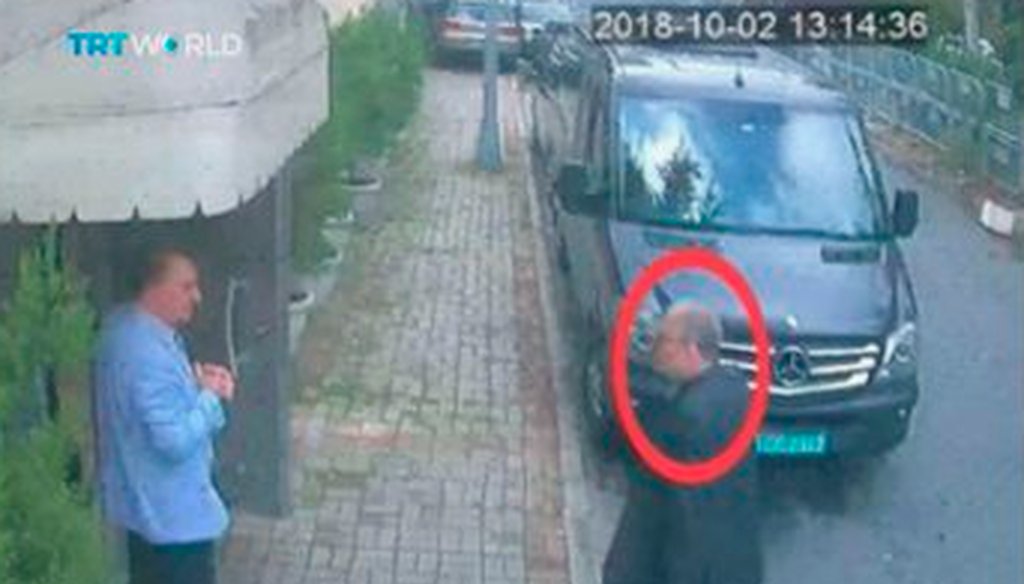
This image purportedly shows Saudi journalist Jamal Khashoggi entering the Saudi consulate in Istanbul, Tuesday, Oct. 2, 2018, shortly before he was murdered. (CCTV/TRT World via AP)
President Donald Trump’s view that the murder of Saudi journalist Jamal Khashoggi should not touch U.S.-Saudi relations isn’t being well-received by his fellow Republicans.
For example, Trump cast doubt over the CIA’s conclusion that Saudi crown prince Mohammed bin Salman ordered the killing.
Sen. Mike Lee, R-Utah, said he disagreed with Trump.
"The intelligence I’ve seen suggests that this was ordered by the crown prince," Lee said on NBC News’ Meet the Press Nov. 25.
Sen. Joni Ernst, R-Iowa, was more cautious, but she told CNN’s State of the Union that "when it becomes necessary, the president also needs to speak directly to the Saudis and say enough is enough."
Trump released a statement about Saudi Arabia on Nov. 20. It contained a number of questionable assertions, and we’ll go through them here.
"Saudi Arabia would gladly withdraw from Yemen if the Iranians would agree to leave. They would immediately provide desperately needed humanitarian assistance."
After more than four years of civil strife, the humanitarian disaster in Yemen is enormous. Out of a population of 28 million, 11.3 million are in acute need in order to survive, according to the latest U.N. estimates. More than 8 million people are at risk of famine.
The conflict involves many parties. The Houthi Shia Muslim rebel movement forced the government of President Abdrabbuh Mansour Hadi to flee in 2015. A Saudi-led coalition put Hadi’s government, with Hadi remaining outside the country, back in control of part of Yemen. Those are the two main armed groups, but the war has seen a changing mix of alliances with other factions.
Trump called the conflict in Yemen a proxy war, so the fairest reading of his words is that if Iran stopped backing the Houthis, Saudi Arabia’s opponents, then the Saudis would follow up with aid. The implication is that the Houthi forces would either strike a deal or collapse.
Gerald Feierstein, former U.S. ambassador to Yemen in the Obama administration, said under either condition, Saudi Arabia has put relief money on the table. Feierstein said at some point before 2016, the Saudis told him they offered billions if the Houthis stood down.
"The Saudis and Emiratis have also said publicly that they would fund reconstruction and development programs in Yemen once the conflict ended," Feierstein told us.
Feierstein said the Saudi offer amounted to about $9 billion.
The catch, according to former CIA officer Bruce Riedel at the Brookings Institution, is that the civil war in Yemen is more complicated than just Iranian and Hezbollah support for the Houthis –– a charge that Iran denies.
The Saudi-led coalition wants to restore full power to Hadi, Riedel said. But groups that oppose the Houthis don’t necessarily want to see Hadi in control either.
"By placing the war solely as an Iranian-created conflict, Trump is trying to absolve the Saudis of responsibility," Riedel said.
"After my heavily negotiated trip to Saudi Arabia last year, the Kingdom agreed to spend and invest $450 billion in the United States."
The $450 billion Trump repeatedly mentions comes without evidence. We have asked the White House to show us what lies behind the $450 billion and have yet to get an answer.
Hossein Askari, a business professor at George Washington University, analyzes international trade in the Middle East. He knows of no tally of contracts to back up Trump’s assertion.
"There is absolutely no such number that could support the $450 billion," Askari said.
Part of the total would be $110 billion in arms sales that Trump claimed emerged from his visit to Saudi Arabia. Arms analysts told us that, at best, the figure is aspirational.
"The $110 billion is not even remotely solid," said U.S. Naval War College professor Jonathan Caverley in October. "The State Department only counts $14.5 billion in ‘implemented’ sales from this deal."
The $110 billion includes sales that have been in the pipeline from before the Trump administration took power. Complex weapons systems take years to play out.
In the past 10 years, the United States and Saudi Arabia have had $85.5 billion in sales agreements, but only $24.5 billion in actual deliveries.
Some of the sales are speculative. For example, the United States approved the sale of a $13.5 billion Terminal High Altitude Area Defense (THAAD) missile defense system. But the Saudis let a September deadline to seal the deal come and go.
When Trump offered a version of this before, he suggested that over a million jobs were on the line. We rated that claim Pants on Fire.
"If we foolishly cancel these contracts, Russia and China would be the enormous beneficiaries — and very happy to acquire all of this newfound business."
Could Saudi Arabia swap Russian or Chinese weapons for its American-made systems?
Not likely, said Rachel Stohl, director of the Conventional Defense Program at the Stimson Center, a Washington think tank.
"The Saudis have been reliant on U.S. and other Western governments’ weapons for years," Stohl told us. "It would be extremely difficult — from a parts, integration, and interoperability perspective — to simply switch to Chinese and Russian suppliers. It would be a very slow transition for the military to resupply its major systems to Russian and Chinese platforms."
In theory, Saudi Arabia could buy elsewhere, but in practice, the Gulf State nation has many reasons not to.
"Representatives of Saudi Arabia say that Jamal Khashoggi was an ‘enemy of the state’ and a member of the Muslim Brotherhood."
Trump claims this in the statement, but a search of the Nexis news database shows no mention of Saudi representatives saying publicly that Khashoggi was an enemy of the state or a member of the Muslim Brotherhood, a Sunni Muslim group with chapters in many Arab countries.
Riedel said it was a theme developed "behind the scenes" — perhaps by the Saudis themselves. But in the United States, Trump supporters began spreading the idea.
Fox News host Harris Faulkner said Oct. 18 that "Khashoggi was tied to the Muslim Brotherhood." A conservative talk show CRTV tweeted a segment that said Khashoggi "was a radical activist with ties to the Muslim Brotherhood!" Donald Trump Jr. sent his followers a tweet that built on the message that Khashoggi was "tooling around Afghanistan with Osama bin Laden and al-Qaeda co-founder Abdullah Azzam."
The reality is that many years earlier, Khashoggi had been drawn to Islamic movements, but he later distanced himself from radical movements. He met Osama bin Laden when, with CIA backing, bin Laden was fighting the Russians in Afghanistan. Khashoggi reported on him as a journalist.
When U.S. forces killed bin Laden, Khashoggi wrote of him, "You were beautiful and brave in those beautiful days in Afghanistan, before you surrendered to hatred and passion."
So perhaps Saudi officials told Trump that Khashoggi was a threat to the Saudi kingdom, but so far as anyone can tell, that was in private.
"Our intelligence agencies continue to assess all information, but it could very well be that the crown prince had knowledge of this tragic event — maybe he did and maybe he didn’t!"
According to news reports, the CIA has concluded that the crown prince ordered Khashoggi’s assassination. "The CIA’s assessment, in which officials have said they have high confidence, is the most definitive to date linking Mohammed to the operation," the Washington Post reported.
Lawmakers publicly sided with the CIA’s interpretation over Trump’s.
Echoing Lee, his Republican colleague, the incoming House Intelligence chairman, Rep. Adam B. Schiff, D-Calif., said on CNN’s State of the Union that he has been briefed by the CIA, "and while I cannot discuss the contents of the briefing in any way, I can say that I think the president is being dishonest with the American people."
Steven Aftergood, an intelligence specialist at the Federation of American Scientists, told PolitiFact that intelligence inherently "deals in uncertainties. So one could still say of almost any conclusion, ‘maybe he did and maybe he didn't!’ But this is a way of evading the substance of the judgment, which is that he almost certainly did order the assassination."
"I understand there are members of Congress who, for political or other reasons, would like to go in a different direction — and they are free to do so."
It’s not clear what political advantage members of Congress would find in opposing Trump’s stance on Saudi Arabia. Several lawmakers explicitly cited human rights as a reason for their concerns. For instance:
Sen. Rand Paul, R-Ky.: "The President indicates that Saudi Arabia is the lesser two evils compared to Iran and so the U.S. won’t punish Saudi Arabia for the brutal killing and dismemberment of a dissident journalist in their consulate. I disagree."
Sen. Marco Rubio, R-Fla.: "Our foreign policy must be about promoting our national interests. It is in our natl interest to defend human rights. (Human-rights) violations lead to mass migration, help extremism flourish & often result in new governments hostile towards the U.S. because we supported their oppressors.
Sen. Mark Warner, D-Va.: "The President’s failure to hold Saudi Arabia responsible in any meaningful way for the death of Jamal Khashoggi is just one more example of this White House’s retreat from American leadership on issues like human rights and protecting the free press."
Sen. Dianne Feinstein, D-Calif.: "I’m shocked that President Trump said there will be no punishment for Crown Prince Mohammed bin Salman for the killing of Jamal Khashoggi… Human rights is more than just a phrase, it has to mean something. And that means standing up and condemning a brazen murder by a foreign government. Everyone who played a role in this killing must be held accountable."
The breadth of lawmakers’ expressed concern for human rights is unusually strong, advocates say.
"The strongly negative, bipartisan reaction to President Trump’s statement reflects widespread revulsion at the idea that the United States would be willing to avert its eyes from a blatant, gruesome murder," said Rob Berschinski, senior vice president for policy with the advocacy group Human Rights First.
F. Gregory Gause, who heads the international affairs department at Texas A&M University’s Bush School of Government and Public Service, said the critics of Saudi Arabia over Khashoggi’s killing tend to fall into two categories.
One group, he said, are lawmakers "who have always thought that human rights and democracy should play a greater role in our Middle East policy and thus have always been critical of Saudi Arabia." The other are lawmakers "who have been supportive of the relationship with Saudi Arabia for strategic reasons, but find the crown prince’s behavior beyond the pale and want the Trump administration to try to use leverage with Riyadh to isolate, and maybe even remove, the crown prince."
"After the United States, Saudi Arabia is the largest oil producing nation in the world. They have worked closely with us and have been very responsive to my requests to keeping oil prices at reasonable levels — so important for the world."
Trump is correct about Saudi Arabia ranking second in the world in oil production, as this chart shows.
He also has a point that Saudi Arabia has agreed to increase oil production in recent weeks. That commitment came after the news of Khashoggi’s killing, said Anna Mikulska, a fellow at the Center for Energy Studies at Rice University’s Baker Institute.
"Following this commitment, the prices of crude started falling," she said. (See a related fact-check.)
However, that’s not the only cause of lower oil prices, experts said.
Oil production by the United States has experienced a larger net increase than the entire production increase from the Organization of Petroleum Exporting Countries (OPEC, of which Saudi Arabia is part).
Other countries have also increased their production, including Russia and the United Arab Emirates.
Meanwhile, on the demand side, a big reason for the decline is the expectation that the global economy will slow, leaving too much oil and not enough customers, said Paul J. Sullivan, an economics professor in the Eisenhower School at the National Defense University.
In addition, oil is priced in dollars, and the increasing strength of the dollar has made oil cheaper, Sullivan said.
All told, there are "hundreds of other economic factors" that played into oil prices outside of Saudi Arabia, Sullivan said.
Our Sources
White House, "Statement from President Donald J. Trump on Standing with Saudi Arabia," Nov. 20, 2018
Energy Information Administration, "What countries are the top producers and consumers of oil?" Accessed Nov. 26, 2018
Office of the Director of National Intelligence, "Intelligence Community Directive 203," Jan 2, 2015
Office of the Director of National Intelligence, "National Intelligence Estimate: Iran: Nuclear Intentions and Capabilities," Nov. 2007
Washington Post, "CIA concludes Saudi crown prince ordered Jamal Khashoggi’s assassination," Nov. 16, 2018
CNN, State of the Union, Nov. 25, 2018
NBC News, Meet the Press, Nov. 25, 2018
Brookings Institution Center for Middle East Policy, U.S. policy and the war in Yemen, Oct. 25, 2018
BBC, Yemen crisis: Why is there a war?, Nov. 20, 2018
New York Times, Saudis Close to Crown Prince Discussed Killing Other Enemies a Year Before Khashoggi’s Death, Nov. 11, 2018
White House, President Trump and King Salman Sign Arms Deal, May 20, 2017
U.S. Census Bureau, Trade in Goods with Saudi Arabia, August 2018
U.S. Bureau of Economic Analysis, International Trade in Goods and Services, Oct. 5, 2018
Office of the U.S. Trade Representative, U.S.-Saudi Arabia Trade Facts, accessed Oct. 22, 2018
U.S. - Saudi Arabian Business Council, U.S.-Saudi Arabian Trade Update – February 2018, March 1. 2018
Defense Security Cooperation Agency, Saudi Arabia, March 22, 2018
Defense Security Cooperation Agency, U.S. Has Already Sold More Weapons This Year Than All 2017: $47B, July 16, 2018
Defense Security Cooperation Agency, Remarks by Lieutenant General Charles Hooper, Sept. 5, 2018
Defense Security Cooperation Agency, Foreign Military Sales, Foreign Military Construction Sales And Other Security Cooperation Historical Facts, Sept. 30, 2017
Washington Post, Conservatives mount a whisper campaign smearing Khashoggi in defense of Trump, Oct. 19, 2018
Patrick Poole, tweet, Oct. 12, 2018
CRTV, tweet, Oct. 17, 2018
Email interview with F. Gregory Gause, head of the international affairs department at Texas A&M University’s Bush School of Government and Public Service, Nov. 26, 2017
Email interview with Steven Aftergood, intelligence specialist at the Federation of American Scientists, Nov. 26, 2017
Email interview with Rob Berschinski, senior vice president for policy with Human Rights First, Nov. 26, 2017
Email interview with Paul J. Sullivan, National Defense University economics professor, Nov. 21, 2018
Email interview with Anna Mikulska, nonresident fellow in the Center for Energy Studies at Rice University’s Baker Institute, Nov. 21, 2018
Email interview, Bruce Riedel, senior fellow, Center for Middle East Policy, Brookings Institution, Nov. 26, 2018
Email interview, Rachel Stohl, managing director, Conventional Defense Program, Stimson Center, Nov. 26, 2018
Email interview, Gerald Feierstein, senior vice president, Middle East Institute, Nov. 26, 2018
Email interview, Hossein Askari, Iran Professor of International Business, George Washington University, Oct. 22, 2018
Email interview, Jonathan D. Caverley, associate professor, United States Naval War College, Oct. 22, 2018
Email interview, Jennifer Spindel, assistant professor of International Security, University of Oklahoma, Oct. 22, 2018



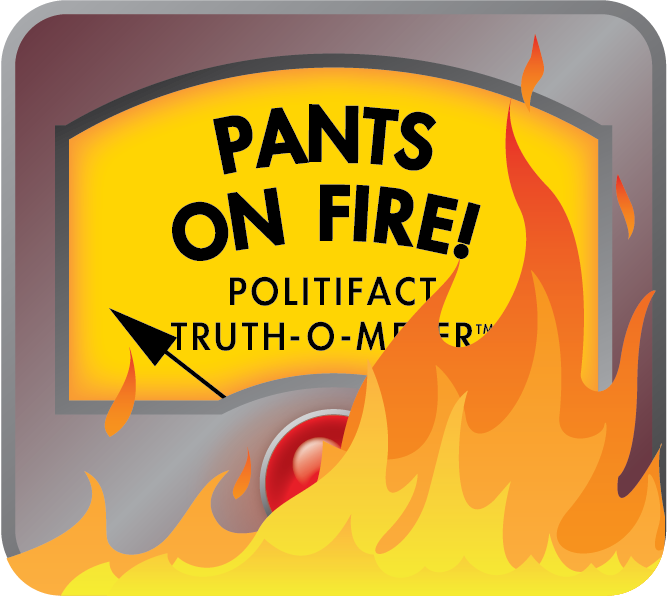 PolitiFact Rating:
PolitiFact Rating: 
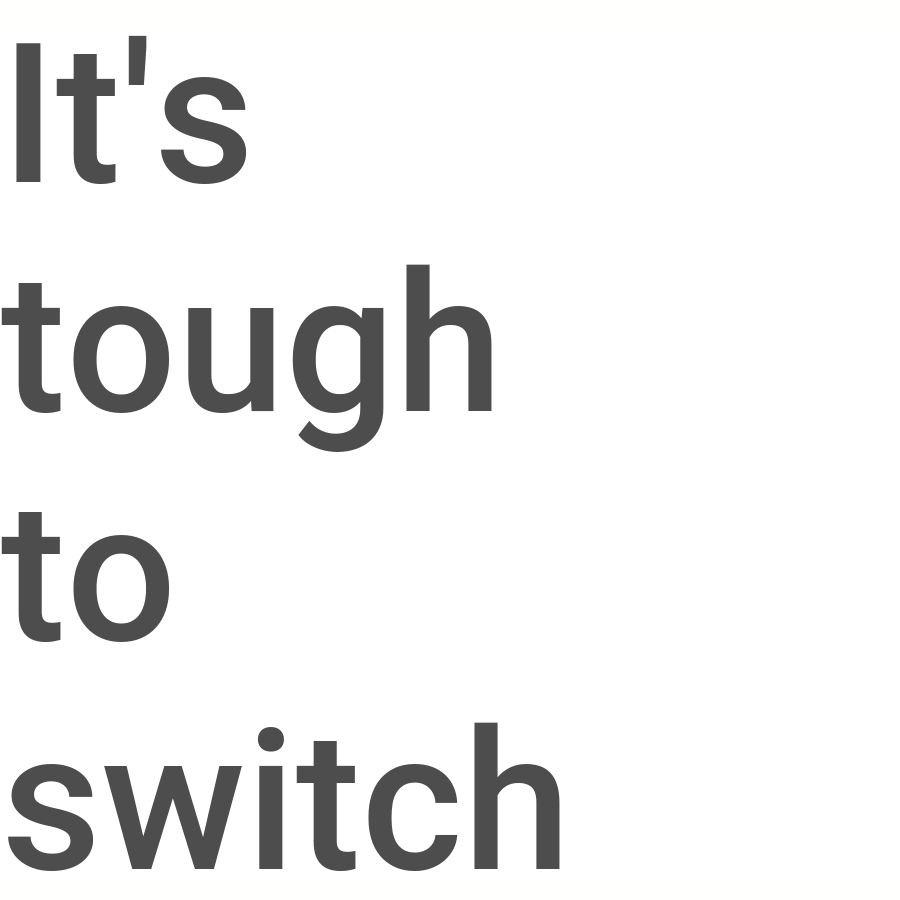 PolitiFact Rating:
PolitiFact Rating: 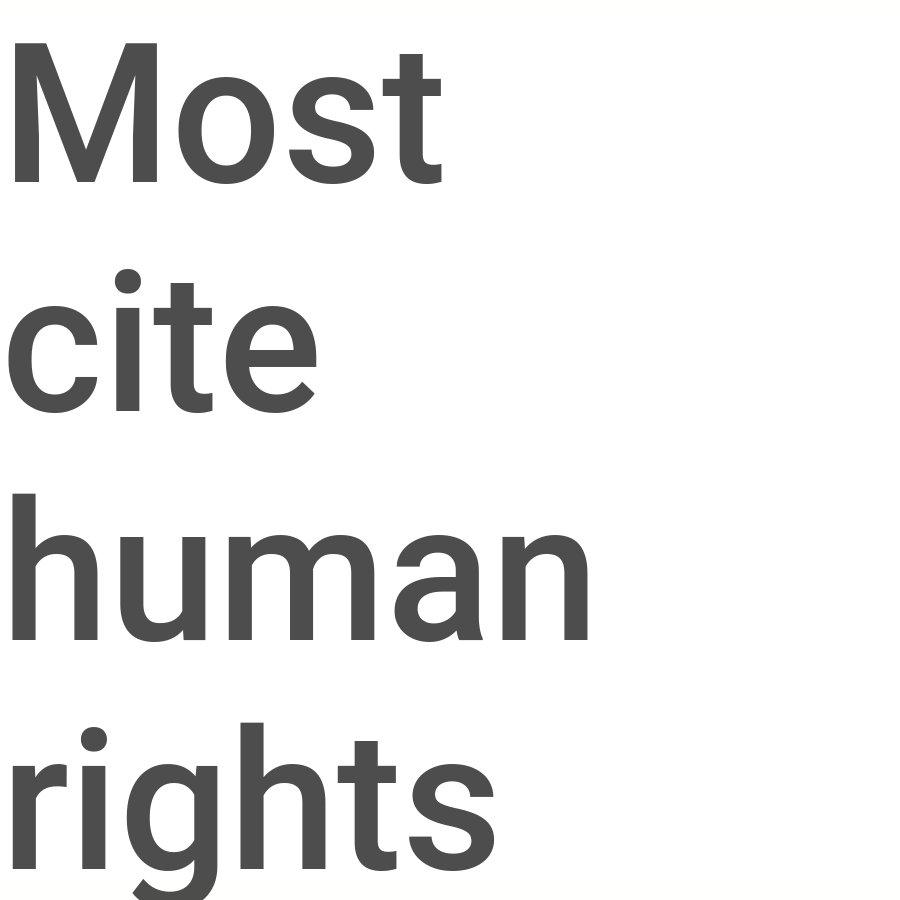 PolitiFact Rating:
PolitiFact Rating: 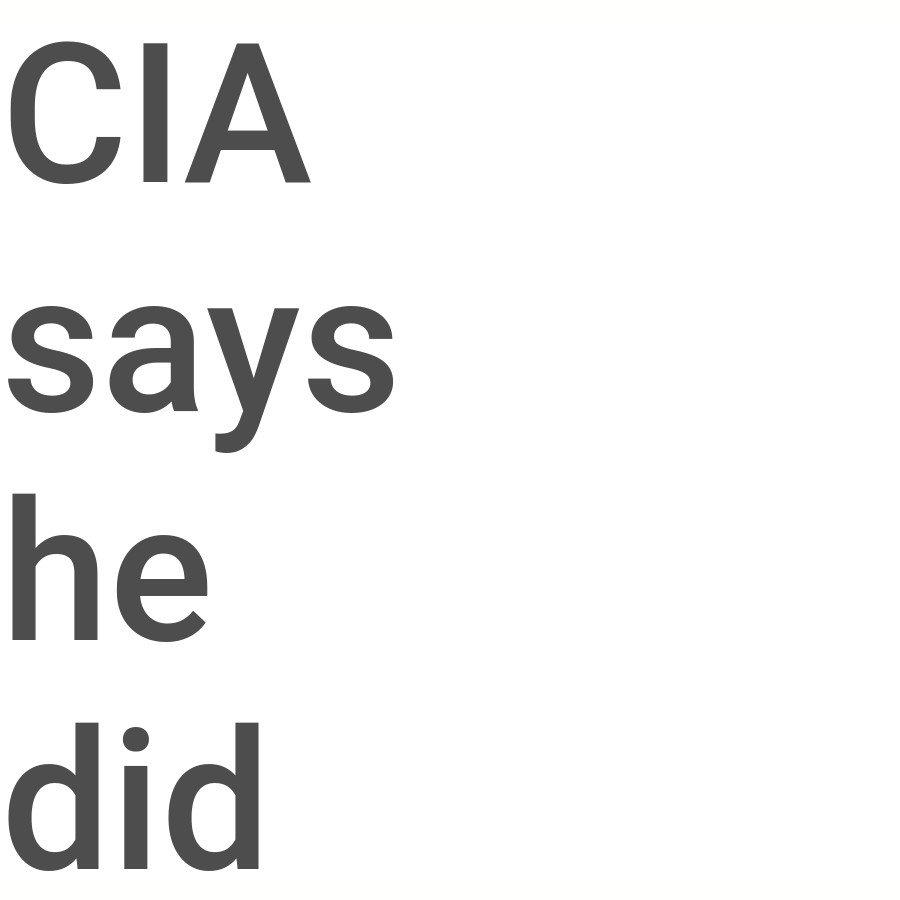 PolitiFact Rating:
PolitiFact Rating: 


















































